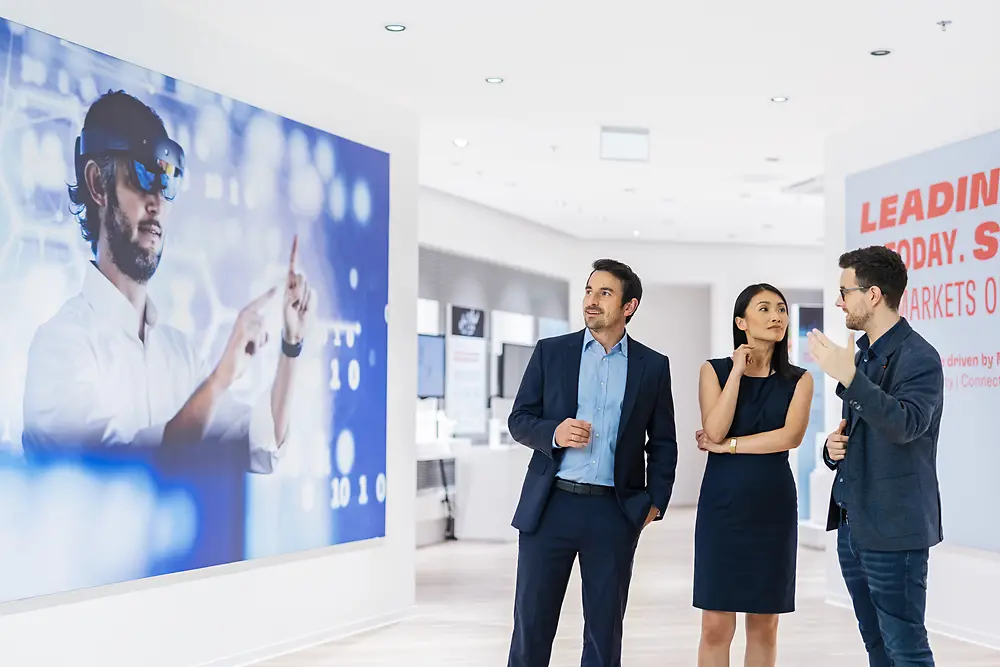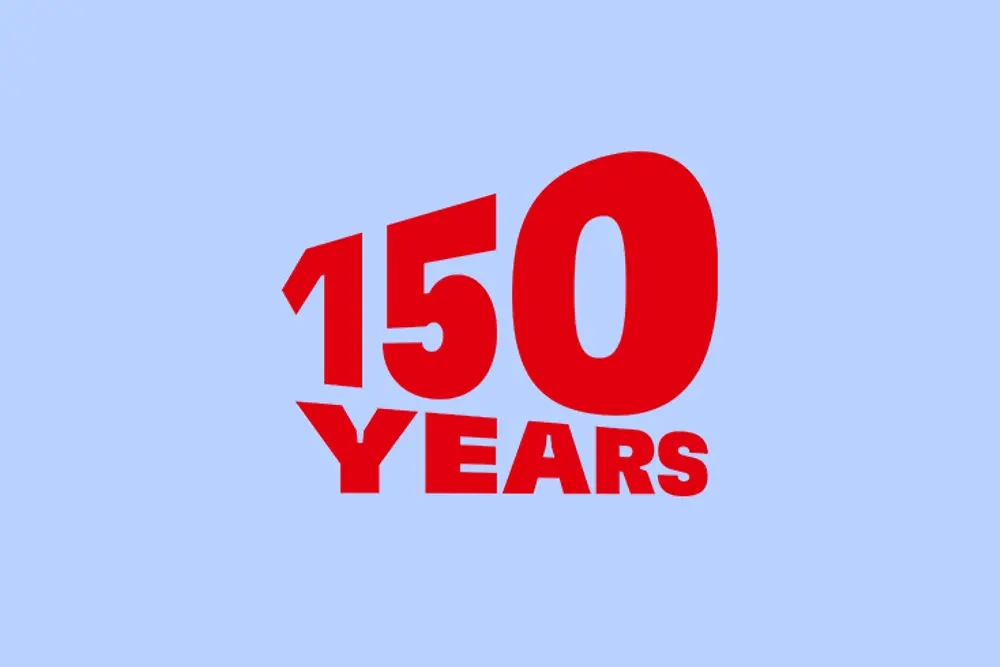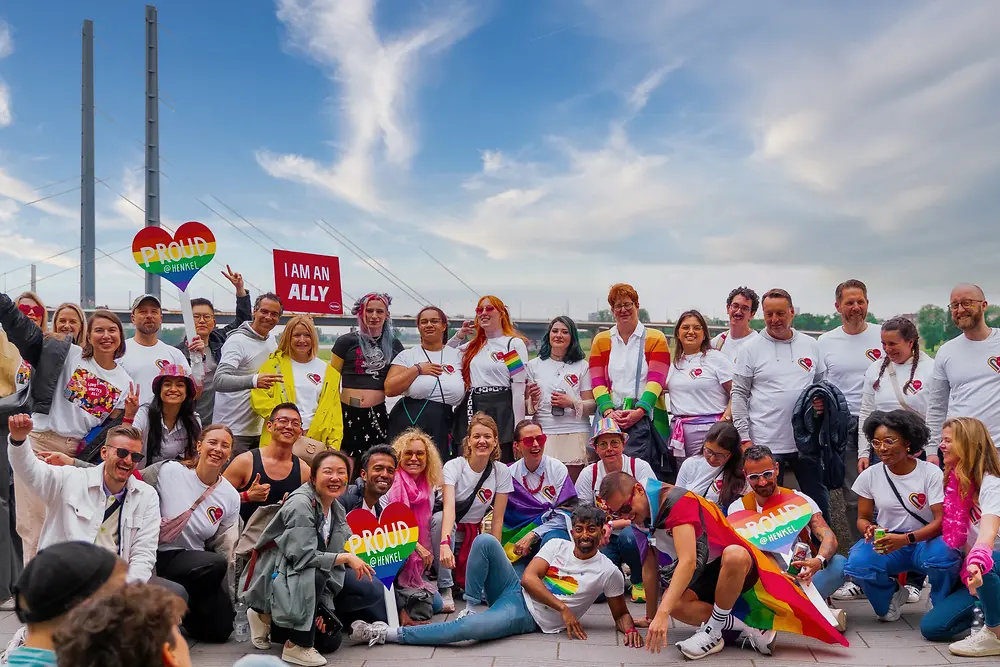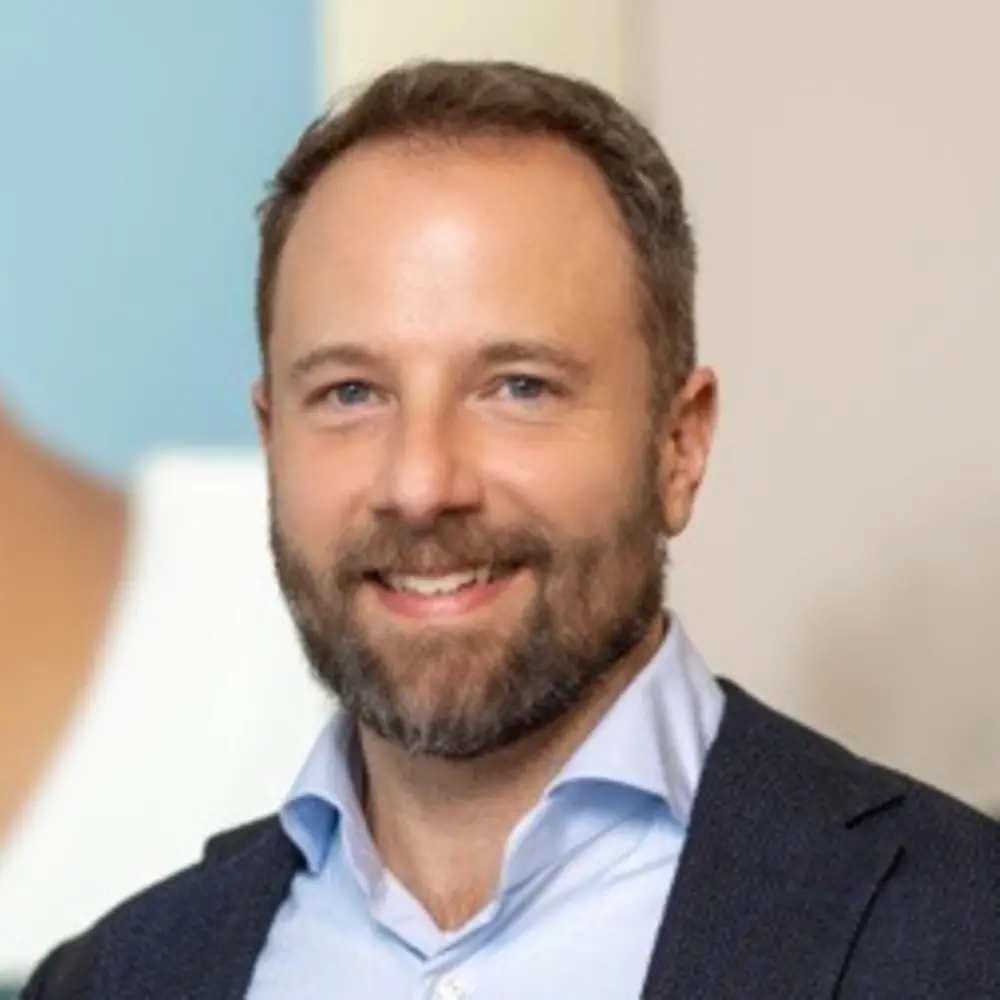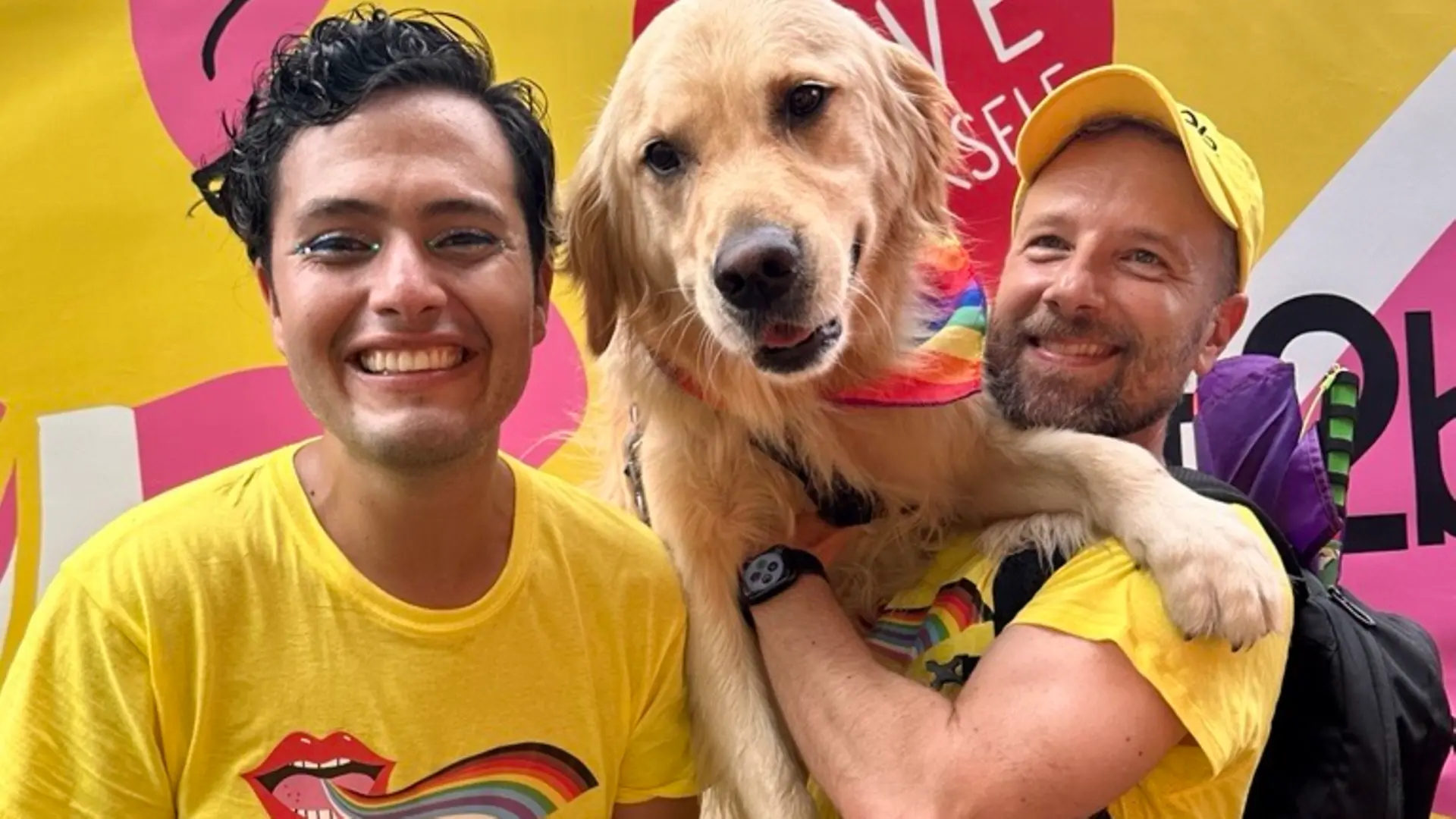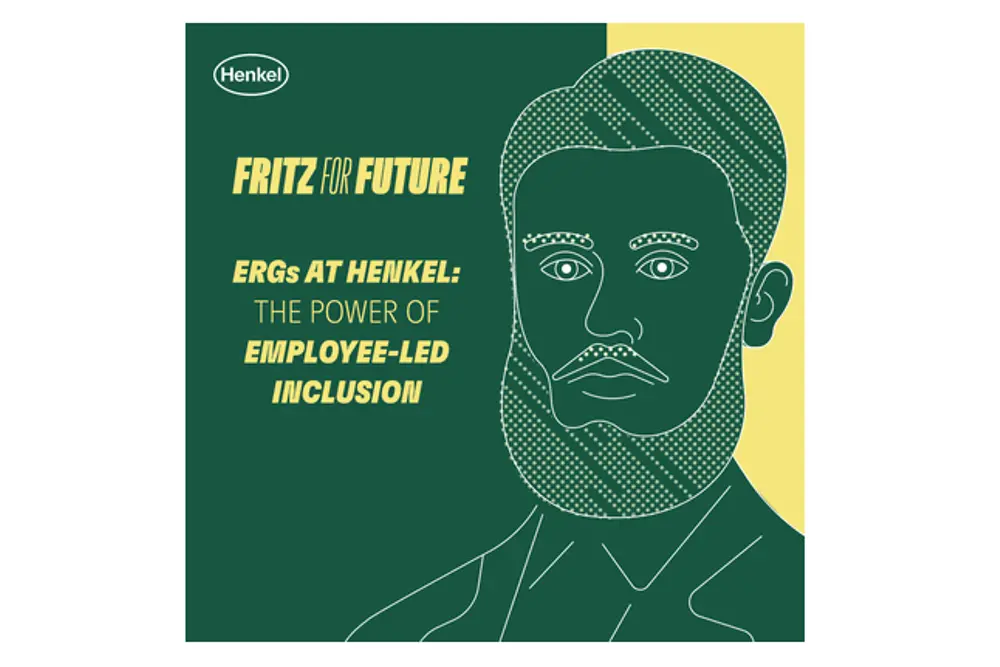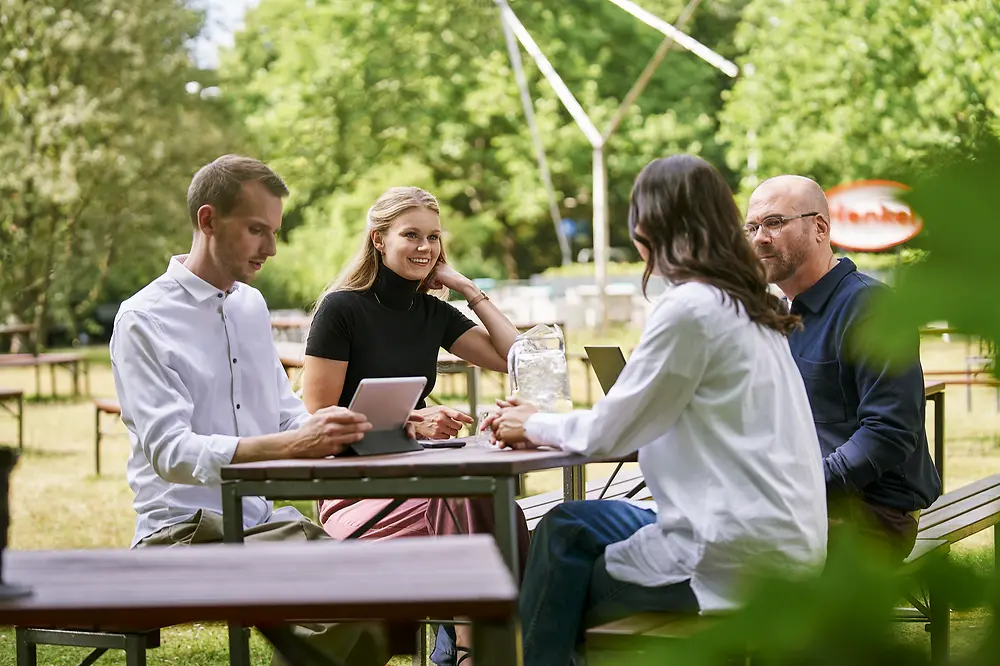In today’s world, I would say that the two key topics are visibility and upskilling. The LGBTQ+ community tends to receive a surge of attention during pride season, but once it ends, the spotlight tends to shift elsewhere – as if the lights were dimmed again. But that couldn’t be further from the truth. Our community remains proud all year long. That’s why continued visibility is so important and why companies play a crucial role in providing platforms that help us stay present beyond just one month. At the same time, we recognize that not everyone is equipped with the right language or knowledge to confidently engage with LGBTQ+ topics or conversations. That’s where the upskilling comes in. It’s okay not to have all the answers. What we don’t find okay is remaining in that state. That’s why our doors are always open for anyone who wants to join our monthly connect sessions. It's generally an open space where everyone is welcome to engage, ask questions, and connect with the community.
The brand has been celebrated by the LGBTQ+ community for many years, especially on social media. Our products are featured in mainstream drag competitions or “get ready with me” posts. That is why it is incredibly important to us to ensure that we show the community that we also see them, that we appreciate their bold styles, their brave self-expression, and that we stand next to them with all their colors. Each year, we actively show up in pride celebrations worldwide and create campaigns with inclusive narratives. We challenge gender norms, we celebrate whoever people want to be, and we engage with the community. An example for this is our co-creator squad, which consists of members of the LGBTQ+ community, and which gives us constant feedback on how we can improve ourselves and become better brand allies. We recognize that there is much more that we can do. But we are working on it and are quite excited about what the future holds for the brand.
Each year, got2b actively participates in Pride celebrations, such as Cologne Pride 2024, to celebrate and engage with the LGBTQ+ community.
James, Henkel is a global company and we know that LGBTQ+ rights and acceptance vary widely across different countries. How does Henkel navigate these challenges while still supporting its employees worldwide?
Henkel operates in about 79 countries and employs people from around 125 different nationalities. What unites all our employees is a shared commitment to our social standards – a formal agreement that clearly states our zero-tolerance policy against any form of discrimination or harassment within the company. We firmly believe that equal treatment is one of the most important values of Henkel. Discrimination based on sexual orientation, gender identity, ethnicity, skin color, religion, political affiliation and so forth will not be tolerated. Each region has dedicated executive committees who uphold and model these standards, ensuring they are more than just words on paper. In regions where challenges for LGBTQ+ employees might arise, it is a fundamental principle to protect them at all costs, always safeguarding their rights and well-being.
Luis, what experience or highlight moments from your involvement in the ERGs have left a lasting impact on you?
For me, the highlight was last year’s “Coming Out” campaign. The campaign featured an open casting inviting anyone willing to share their personal coming out story. I was genuinely impressed by how many people volunteered – initially, I expected some hesitation given how personal these stories are. What made it especially rewarding was seeing contributions from across different regions, including Latin America, the US, and Europe. The stories we gathered were incredibly diverse – ranging from uplifting and joyous moments to difficult, sometimes heartbreaking experiences. There were stories of life-changing 180-degree turns, as well as gender transition journeys. To me, the campaign truly served a higher purpose: It showed that there’s no single way of coming out. Often, media tends to romanticize the process, making it seem very “cute,” but for many, it’s a deeply challenging experience. In hindsight, the project went beyond just sharing stories – it educated, empowered, and gave visibility to the many unique facets of coming out.
